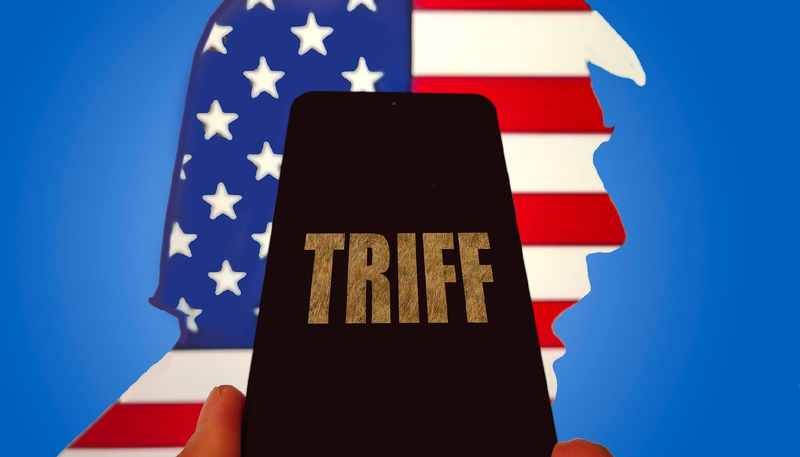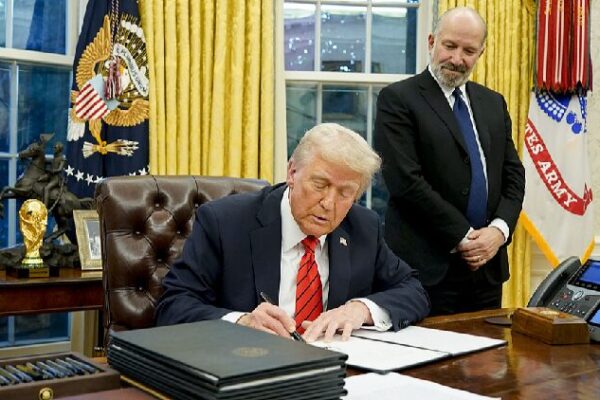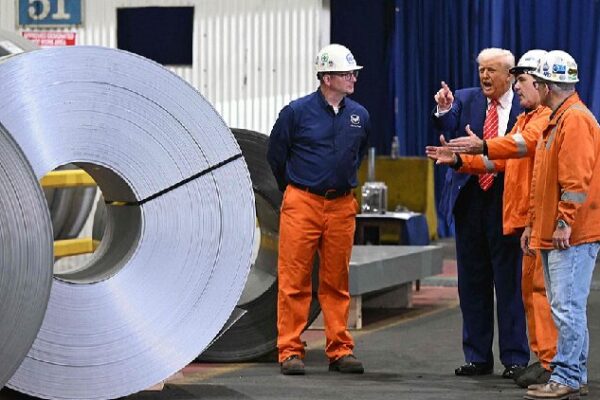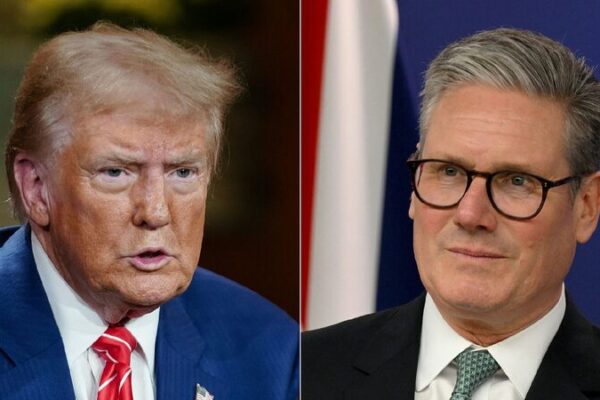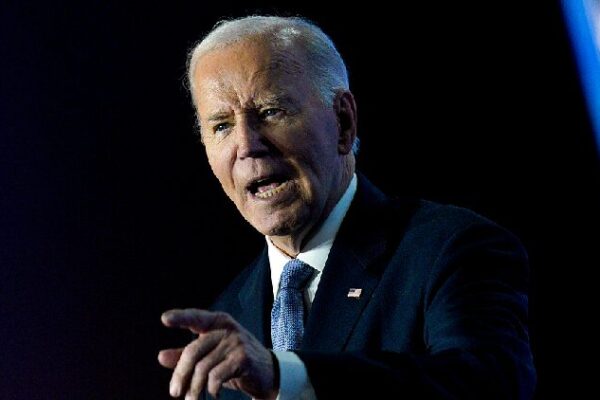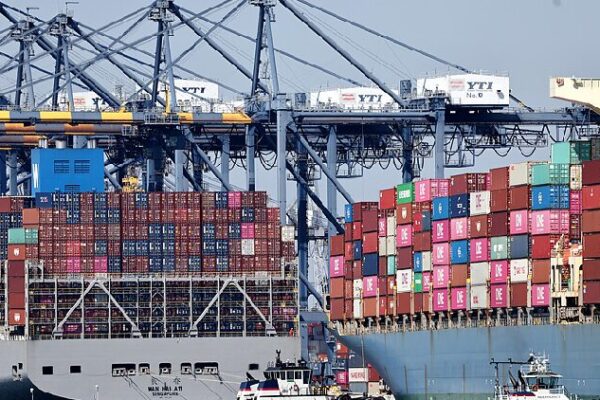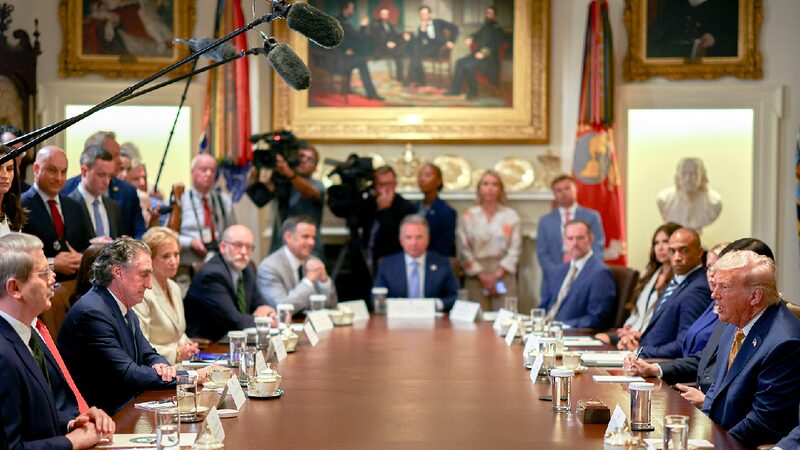The United Kingdom is facing a challenging moment as U.S. President Donald Trump’s tariffs put pressure on its economy and longstanding alliances. With tariffs of up to 25% on steel, aluminum, and cars, the UK is grappling with how to respond while maintaining its close relationship with the United States.
Prime Minister Keir Starmer, who has developed a working relationship with Trump, hoped to negotiate a deal to avoid the tariffs. Some proposed dropping the UK’s Digital Services Tax, which targets major U.S. tech companies, in exchange for tariff relief. However, no agreement was reached, and the tariffs remain in place.
Since World War II, the UK has prided itself on its “special relationship” with the U.S. and a commitment to free trade. Now, these two pillars are in conflict. The British public, already skeptical due to past events like the 2003 invasion of Iraq, questions the government’s stance. This tension reflects deeper issues about national identity and the UK’s role on the global stage.
Economists suggest that deeper trade relations with the European Union could be more beneficial for the UK than a focus on the U.S. However, the government aims to balance its commitments to both, a task made harder by conflicting demands from Washington and Brussels, especially on issues like food standards.
The UK’s desire to be a global advocate for free trade is complicated by its reluctance to oppose U.S. policies openly. For instance, the UK has not joined certain international trade arrangements out of deference to the U.S. This cautious approach may limit the UK’s ability to develop an independent trade policy that serves its own interests.
Despite these challenges, the UK’s economy remains resilient, particularly in the services sector. Investors continue to view the country as a stable and attractive place for business. However, as the U.S. and EU navigate their own trade relations without significant UK involvement, the UK risks being sidelined in important global discussions.
The future will test the UK’s ability to maintain its alliances while asserting its own economic interests. As global trade dynamics shift, the UK faces the difficult task of redefining its identity and role amidst competing pressures from major powers.
Reference(s):
cgtn.com
